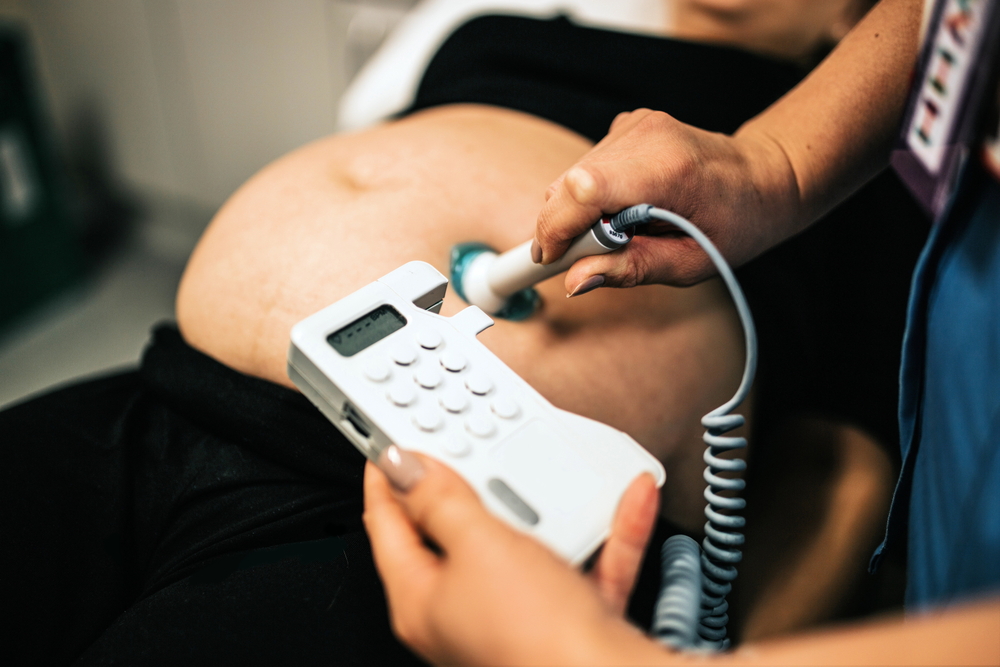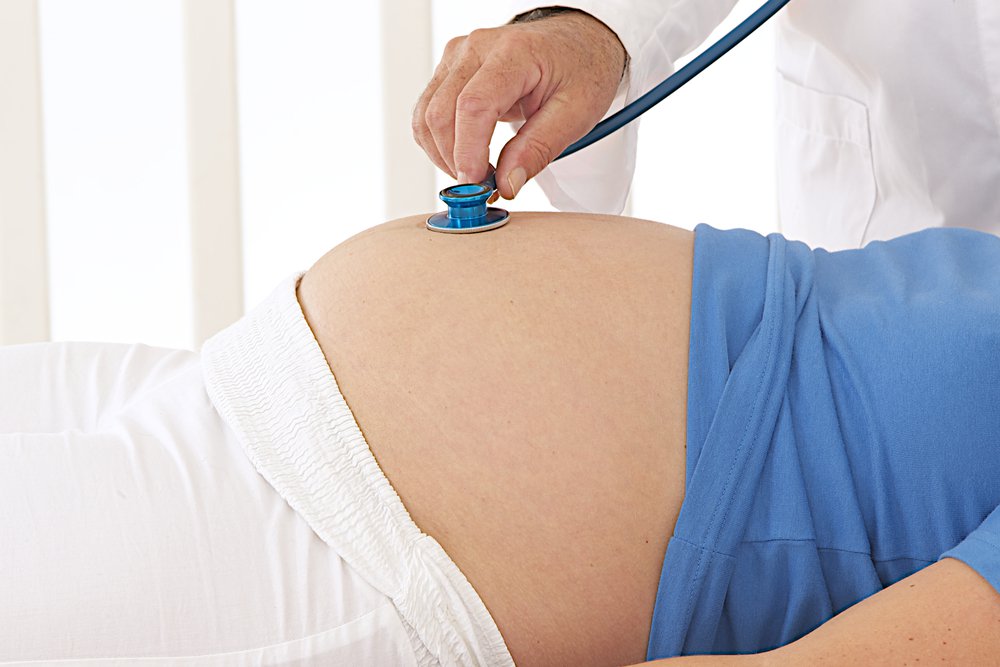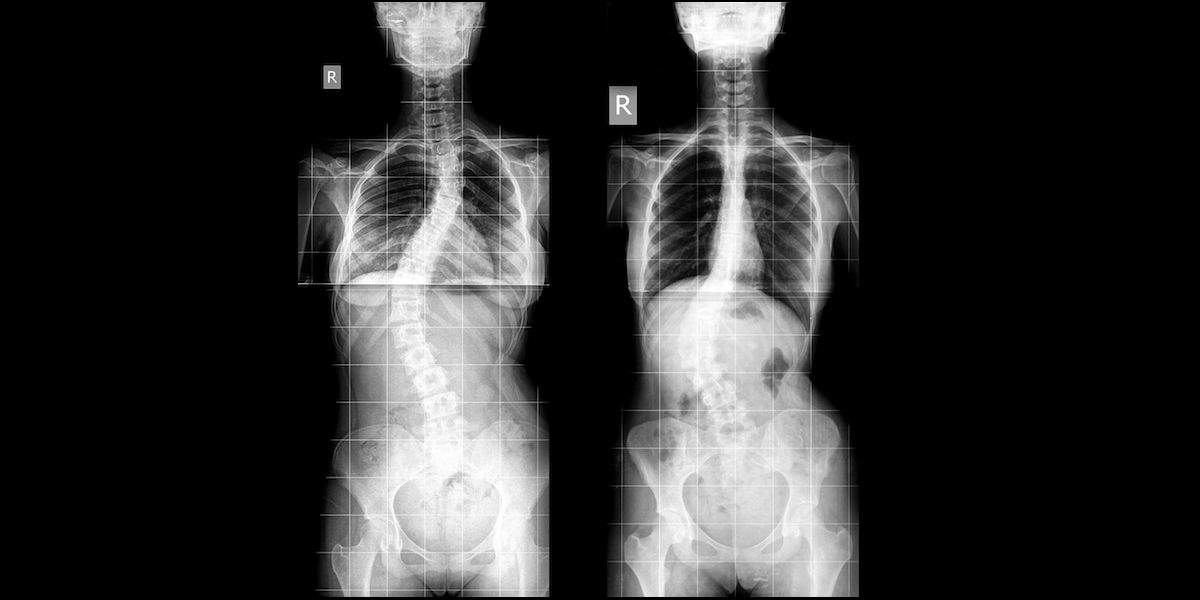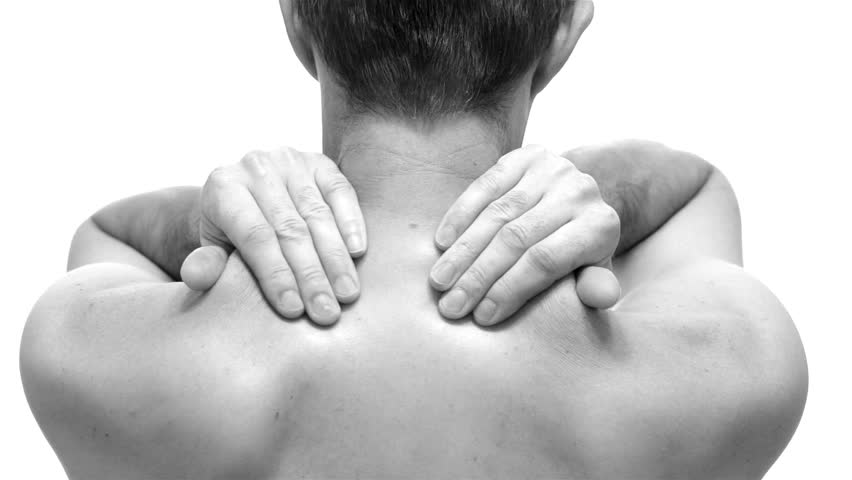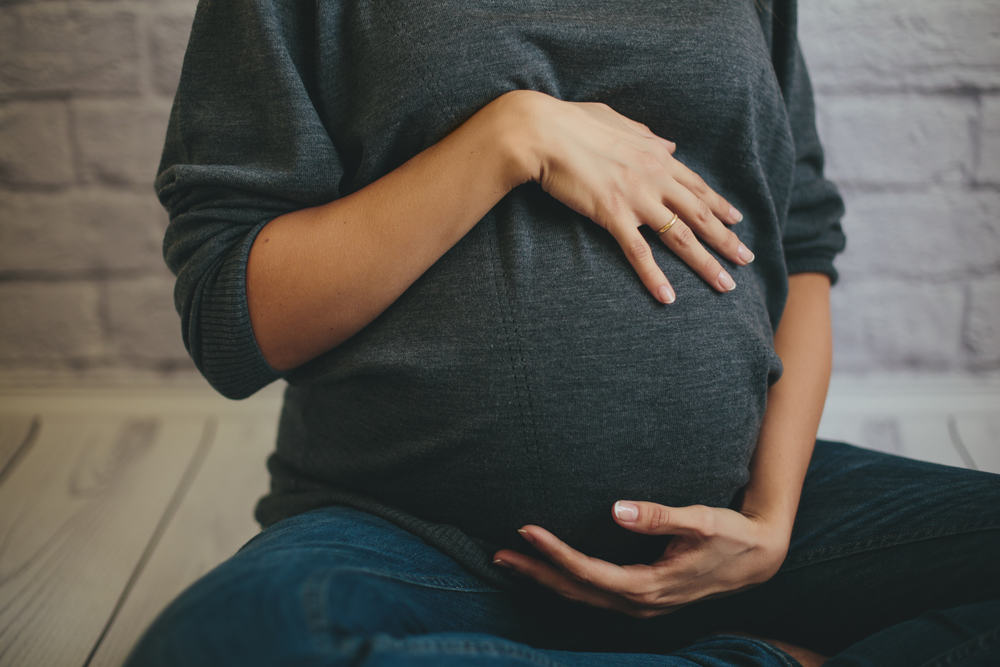Contents:
- Medical Video: How a baby develops during pregnancy
- The first stage, tube formation and heart rate
- The second stage, ultrasound and congenital heart defects
- First trimester
- Second trimester
- The third stage, fetal heart development that can be heard through a stethoscope
- Stage of baby's heart development at birth
- Tips for maintaining fetal heart health
Medical Video: How a baby develops during pregnancy
For prospective parents, one of the most intimate moments during pregnancy is hearing the heartbeat of the baby in the womb. Well, you already know how the stage of fetal heart development in the womb? The following steps need to be learned.
The first stage, tube formation and heart rate
At the gestational age of a month or 4 weeks after conception, generally the fetal heart rate cannot be heard even though the heart has begun to develop. Please also note, at this stage a heart tube that becomes the embryo of the fetus's heart will divide to form two parts, the heart and valve.
Well, at week 5, the fetal heart rate is usually heard. If you can't hear the heart, it's okay and don't worry. This is because usually a new heartbeat will be heard clearly after entering the 12th week of pregnancy.
Whereas in the 6th week of gestation, fetal heart development reaches the formation of 4 heart cavities, namely venous sinuses, primitive atria, primitive ventricles and chord bulbs. Usually the fetus's heart will beat for 110 times per minute.
Two weeks later, the number of fetal heart rates will increase to 150-170 beats per minute. This is almost double that of a normal adult heart rate. This is when the doctor or midwife usually starts placing a hand-held ultrasound (ultrasound) called a Doppler in your abdomen to ensure and record the sound of the fetal beat.
The second stage, ultrasound and congenital heart defects
First trimester
Sometimes between the 6th and 9th weeks of pregnancy, the doctor will do an ultrasound on the belly of the pregnant woman. This is done as a confirmation of pregnancy or the estimated maturity date of birth in the first trimester.
Second trimester
Whereas in the second trimester ultrasound process, the doctor will examine the baby's heart structure and see whether there are problems (known as congenital heart defects) or not, and whether it can be treated.
About 36,000 babies (or 9 out of every 1,000 babies) born every year, experience congenital heart defects. However, not all congenital heart defects can be detected also since the baby is still in the womb. However, detection of heart abnormalities in infants is very useful for doctors in determining which heart place or hospital can be used as a place of delivery according to the medical problems that your baby is experiencing.
The good news is that most congenital heart defects can be repaired and managed if detected early and routinely treated. If your child has a congenital heart defect, the child needs to visit a cardiologist regularly from childhood to adulthood.
The third stage, fetal heart development that can be heard through a stethoscope
At 12 weeks' gestation, the baby's bone marrow generally starts producing blood cells. Then, at week 17, the fetal brain begins to regulate the heartbeat for preparation when he is born later.
Whereas the next 3 weeks, namely the 20th week, parents can hear the fetal heartbeat through the stethoscope. Sometimes a special ultrasound device is needed to examine the fetal heart between the 18th week to the 24th week of pregnancy.
At this stage too, the fetal capillary has begun to drain blood through the heart arteries to the tissues of the entire baby's body. This also makes deoxygenated blood to return to the lungs. Therefore, these small blood vessels that change into the main component in the fetal circulatory system.
Stage of baby's heart development at birth
The development of the fetal heart is quite mature at this time. However, the baby's circulatory system will continue to run slowly and steadily until 40 weeks' gestation.
Uniquely, the circulatory system became a fetus and after they were born it was different, you know. When in the womb, the baby will breathe through the mother's oxygen which is drained through the blood vessels. Then after birth, the baby will breathe through the lungs. Remember, before birth, the baby's lungs do not yet function, because the fetus does not breathe in the womb.
Tips for maintaining fetal heart health
Based on the explanation above, the baby's heart will develop rapidly while in the womb. So, mothers need extra care for fetal development. Here are the important things you should do during pregnancy:
- Taking folic acid before and during pregnancy can prevent and help avoid congenital heart disease in infants.
- Avoid cigarettes and smoke, because experts diagnose that mothers who smoke during pregnancy can cause heart defects.
- If you have type 2 diabetes or gestational diabetes, keep blood sugar under control during pregnancy. Because the mother who has diabetes is closely related to the increased risk of baby heart defects.
- Avoid consumption of alcohol and illegal drugs.
- Regularly check with the obstetrician on schedule.

